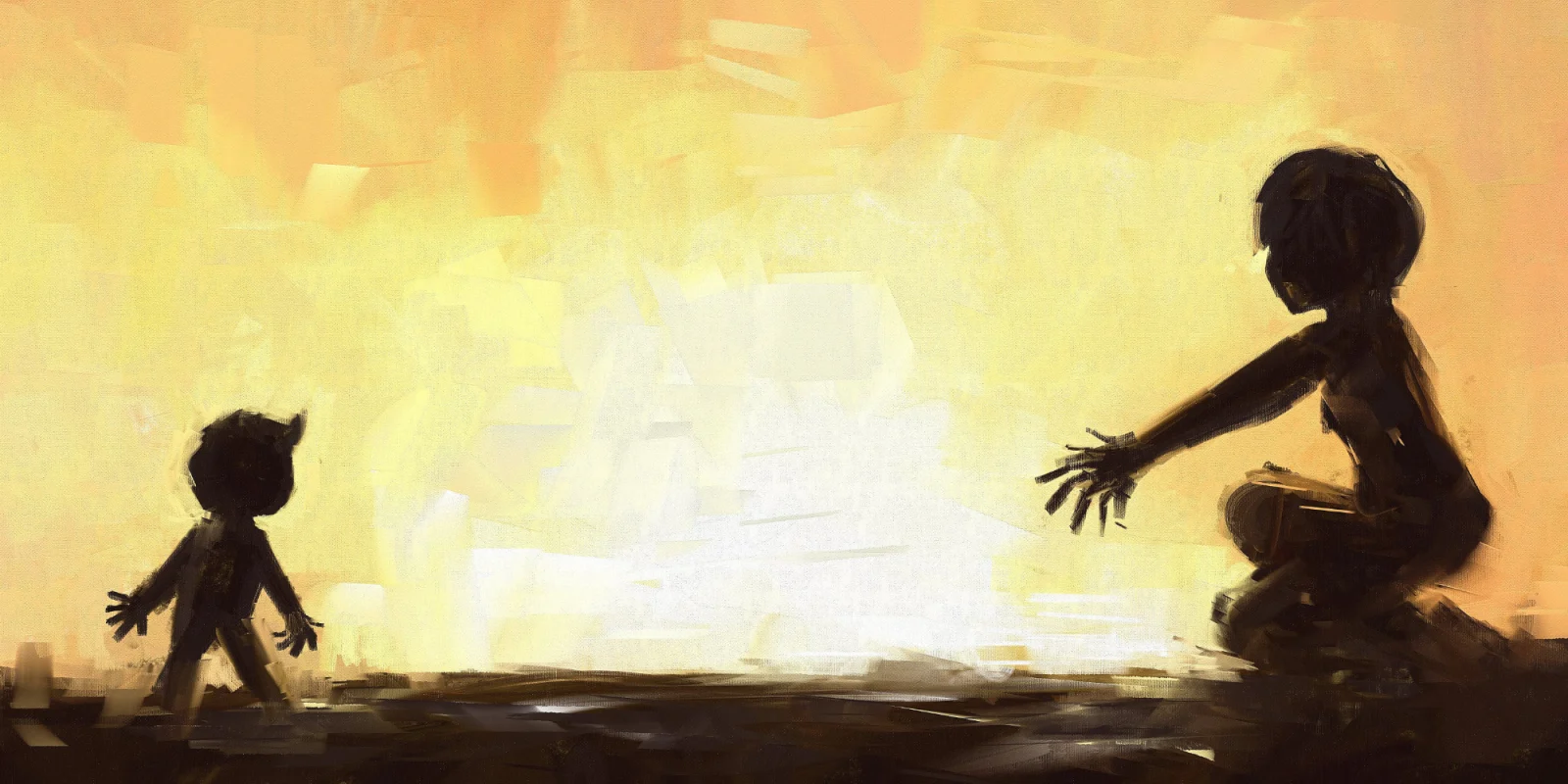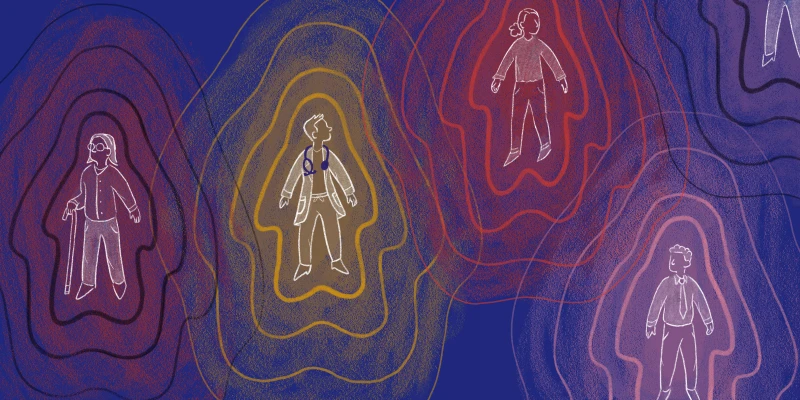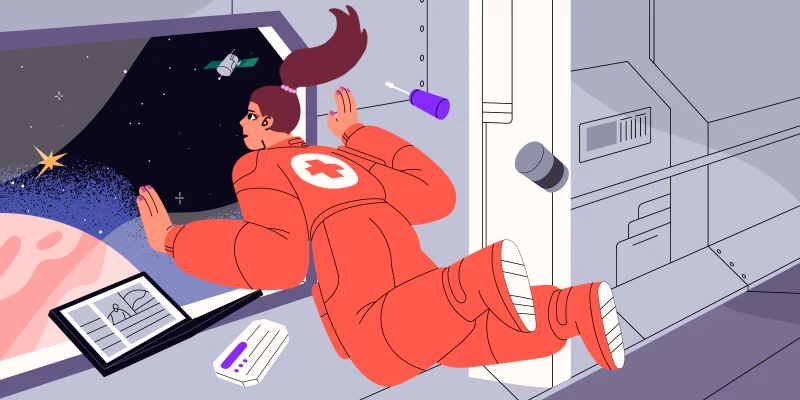
My child plunks out a melody on the piano, barely discernible at first, one hesitant note at a time. I wonder if he’s nervous, there must be over two hundred people here. I know how much this means to him.
He has his piece memorized. He concentrates on his fingers as if he fears they might slip off the keys if he so much as blinks, but he’s rehearsed it so many times, I’m certain he could play it blindfolded.
The buzz of the crowd continues. The show has been going on for over an hour, one awkward act at a time, and I don’t blame the room for the boredom seeping in. I don’t expect my child to be the superstar of the show. At least, not to anyone but me.
Until, something shifts.
The music blossoms. The left hand joins the right. The tempo accelerates.
The conversations quiet.
My child hunches over the keys in feverish intensity.
Someone lets out a whoop.
Someone else claps the beat.
I look on in awe. I have never seen my child play like this.
The music crescendos and the clapping of the crowd urges it onward, soaring louder and louder.
Laughter bubbles in my throat.
My child will not understand until he is older the rarity of this experience. Some of us may live a lifetime and never attain it — the adrenaline rush of a triumphant performance, the electrifying energy of the crowd.
Gratitude overcomes me that I am here and present to witness it. His moment.
And then, without warning, I am weeping.
The memory slams me into the past — one year ago, this same room, this same event. The memory of her — my patient.
I am undone.
The tears stream down my face.
At first, I wipe them away with furtive motions. But they won’t stop.
Is that your son? Another parent asks, in a hesitant voice. The smile on her face is kind yet worried.
I laugh and nod, but I cannot speak, the tears won’t stop.
The memory engulfs me. One year ago, it was another child’s performance — my patient’s child — that stole the hearts of the crowd.
Then, I joined the thunderous applause before I knew.
Afterward, she crouched to embrace her child. She turned her head, and I recognized her. The world around me stood still.
I was elated for her. I hid my face, hoping she wouldn’t see me — an unexpected encounter with her oncologist to ruin her happiness.
She had looked so well at that time, one year ago. And perhaps only I knew, other than her family, how far she had come to be there with her child that day.
But now, it is one year later.
I am spellbound. I am here in this moment with my child and a part of me lingers in that moment one year ago.
Is that your son?
I am thankful to know, that she had a moment like this. I identify with her, across time, one mother to another, not doctor to patient, a day like this.
I become aware that the other parents sitting near me are pointedly not looking at me. They don’t know what to make of me, their community oncologist, in this small town. Tentative in conversations, as if cancer is contagious by association.
But I cannot wipe the tears away, they are endless, so I stop trying.
I exist in both moments. Enraptured, I am devastated. Ecstatic, I am mournful.
I can picture her still on that day, the gentle smile on her face and the light in her eyes. I was too far away to hear, but I could see her lips move. Great job, you did it.
The treatments we gave kept her alive for it. For that moment.
Did that moment provide her comfort at the end?
I clap until my hands burn and I smile until my cheeks ache and I cry until my eyes run out of tears.
I embrace the memory of her. She may not have known I was there one year ago, in her moment, but I welcome her now into mine.
I am learning, in this small town, that the separation of home and work is an improbability. An impossibility. A falsity.
I cannot wall her off. She was a part of my life for that year as I was a part of hers.
I exist in both moments. And I surrender myself to both.
I find my son afterward. Great job, you did it!
Her voice echoes in my mind, in unison with my own, as I speak the words.
A smile passes across my patient’s face in my memory and our eyes meet before she fades from my view.
Dr. Jennifer Lycette, MD is a medical oncologist in community practice for 11 years. She works and resides on the North Oregon Coast, where she lives with her husband and 3 children. Her personal blog, The Hopeful Cancer Doc, includes her writings on practicing oncology, maintaining hope in medicine, work-life balance, and various other musings. She is also a 2018–2019 Doximity Author.






